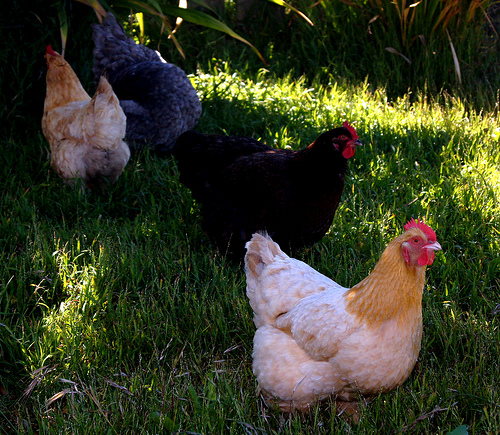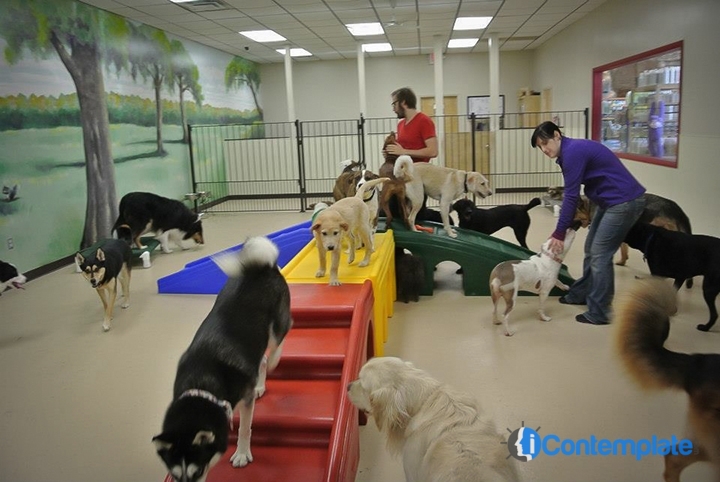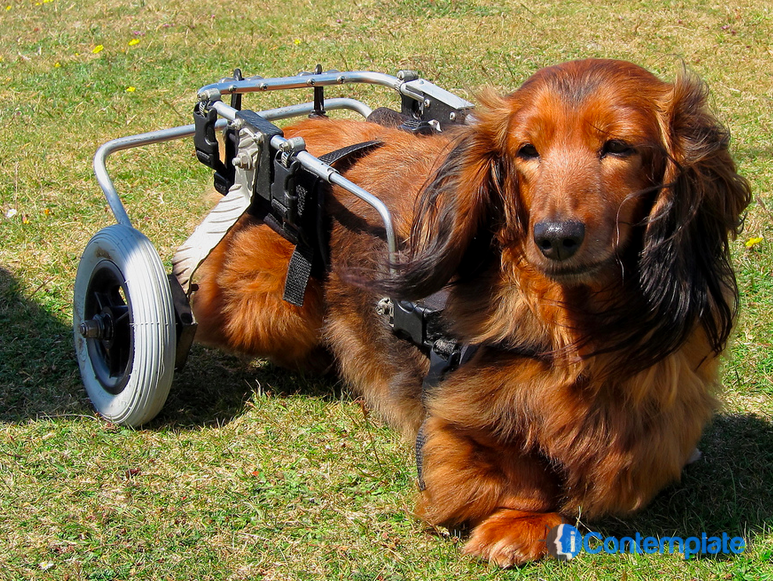Introduction
Even though chickens will always be thought of as farm animals, keeping them as pets has become increasingly popular over the last 10 years.
They are easy to look after and given the right conditions will lay 2-3 eggs each a day and a newly laid egg tastes completely different from those you get in the supermarket.
Equipment and Training
If you intend to keep chickens, you will need to make sure they have a safe place to live.
It is possible to have house-chickens, but unlike house rabbits, they are harder to train.
Chickens kept in your garden, need to have enough space to run around, but most importantly it needs to be protected from foxes and other predators.
There are many styles of chicken coops available, some are plastic some are made from wood, but all give a safe environment for your chickens to live in.
If you buy your chickens when they are very young, they can be trained to follow you, much like a dog, but this takes patience and your first step when training your chick is to get it to eat out of your hand.
The great thing about chickens is that you can feed them on food scraps so rather than try and hand feed your chicken with seeds try something tempting like potato or apple peel. Chickens don’t necessarily respond to commands like dogs, but they will get to recognise your voice, so don’t forget to talk to your chick, gently and calmly as you feed it.
Rather than try and pick up your chicken, try and encourage it to jump on to your lap, using food to tempt it. Once it trusts you this much, you will find it easier to pick her up. When lifting her, make sure her wings are folded, and hold her close to you to make her feel secure, if she is unhappy, she will try and peck you.
This is not aggressive behaviour, merely her way of telling you she doesn’t feel safe and to put her down. The more time you spend with your chicken, the more she will get used to you and start to respond to your touch.
Maintenance
As long as you keep the chicken coop clean and dry, removing any droppings the maintenance is minimal. Check your chicken a couple of times a week for any bug infestations in the feathers.
If she starts to lose her feathers, keep an eye on her to make sure she isn’t self-plucking, which is a sign of stress, or if you have more than one it could be that they are fighting to establish a pecking order, no pun intended. If the feathers are falling out on their own, you need to take you chicken to the vet to get the cause diagnosed.
Conclusion
Chickens make great first pets for children, because as well as being low maintenance and good companions, the keeping of chickens can be very educational too. And don’t forget, the eggs taste great!
Featured images:
License: Creative Commons
image source
This guest post was written by Jason Balchand who writes about all types of pets, even the unusual ones. You can read more at his main pet blog or by following him on Facebook.





